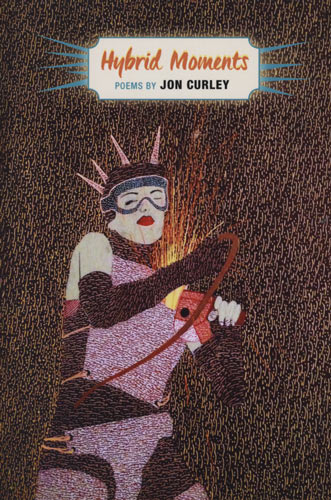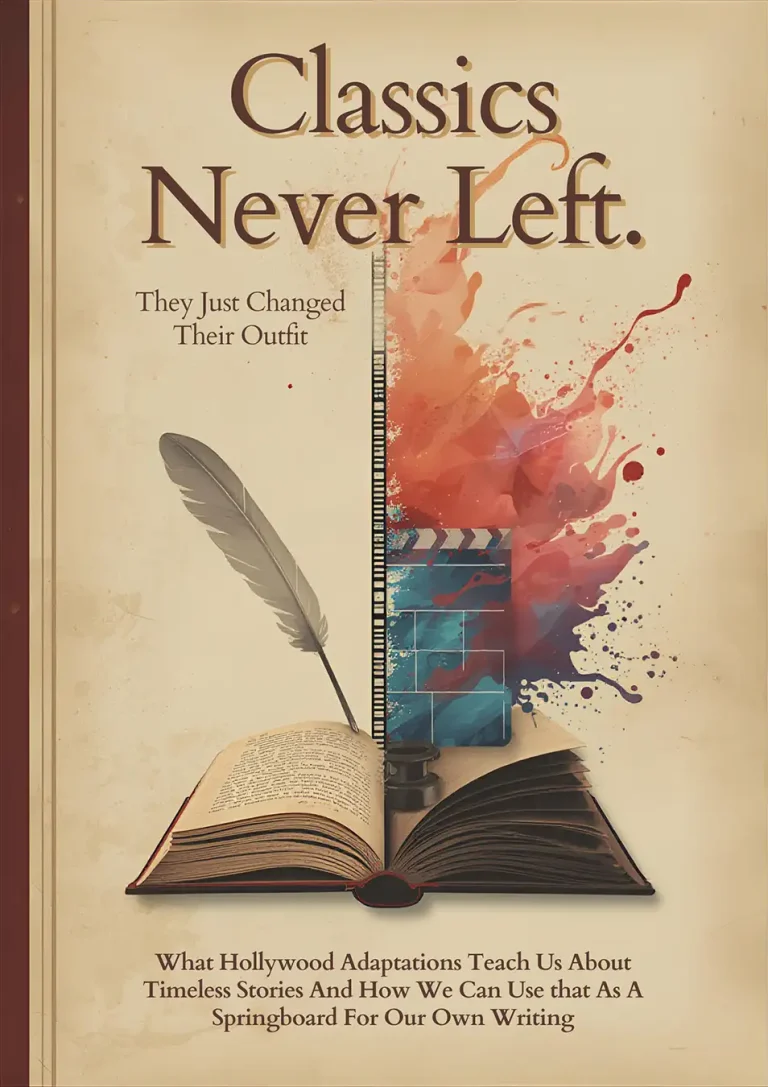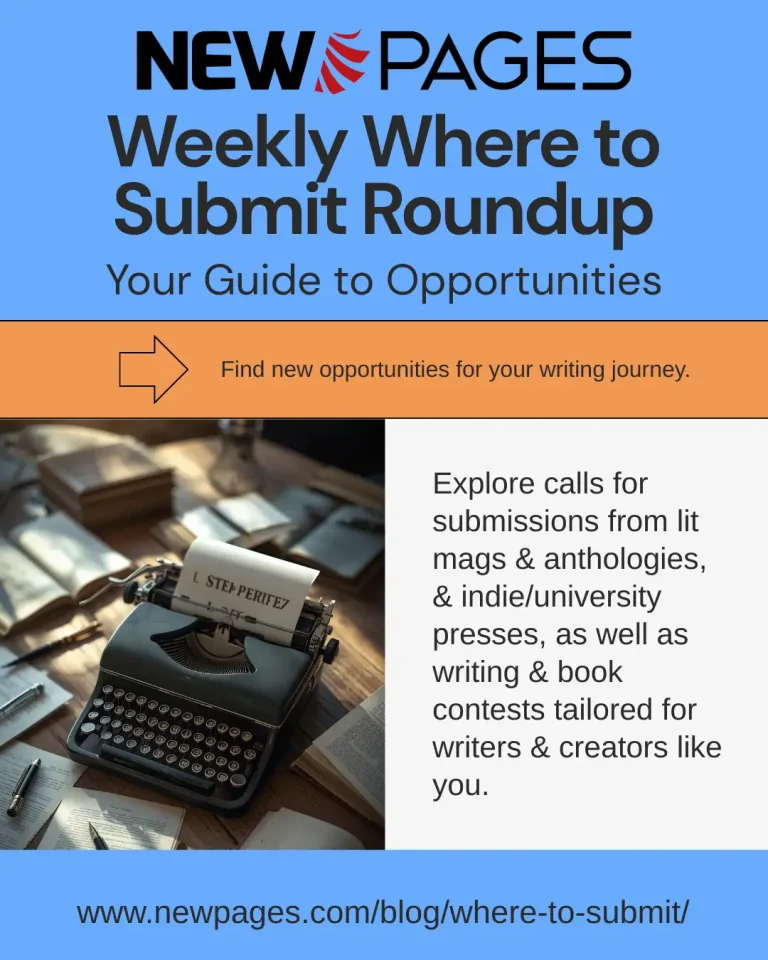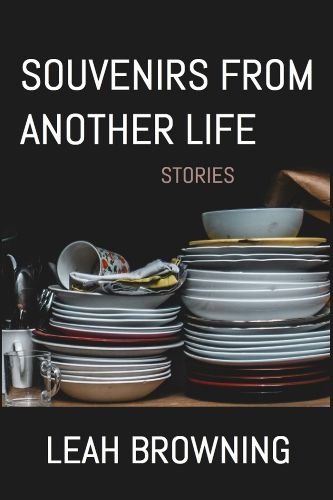“Been working on my abstractions now / for over a lifetime” is the very opening line of the book. This line holds true through the duration of Jon Curley’s Hybrid Moments,which is of the school that plain language ought to be reserved for journalism. Though it is a modern work, influenced by much in the contemporary realm, it rings in the manner of the classic romantics. The language is ornate and the thoughts are powerful. There are many threads that must be teased from one another. “Been working on my abstractions now / for over a lifetime” is the very opening line of the book. This line holds true through the duration of Jon Curley’s Hybrid Moments,which is of the school that plain language ought to be reserved for journalism. Though it is a modern work, influenced by much in the contemporary realm, it rings in the manner of the classic romantics. The language is ornate and the thoughts are powerful. There are many threads that must be teased from one another.
Much of the language in Hybrid Moments builds on itself. Each phoneme grows from the last. Curley is letting the language flow in a very pure and unrestrained way. Except that he exhibits his authorial control by dictating some of the subject matter. Though even the subject seems to sprawl from the language:
Dividends pluralize terminals
terms aggravate air
with their relentless
dare to deify then reify
the collapse of our pre-solvent selves
Out of context, it easy to feel the syllables on your tongue as you repeat them to yourself. The reader isn’t lost in Curley’s subject. Or rather, fully lost; the context melts and the words, in their purest form, trace lines in the brain. Curley seeks to create this feeling over and over through the book. “If I cannot / can’t knot / and / be as / thought.” Goodness! Did you hear that? He must knot the language. He cannot, not knot. As much as Curley would like to say it plain and simple, he is incapable.
The fiction writer Donald Barthelme stated that the aim of good writing is to create structures that show the world in its complexity. The pieces of writing in Hybrid Moments that really mean something are those that stretch the imagination and heart of the reader. Each chapter bends and contorts what is previously known and accepted, with “Chapter Three: Roman Tics” aiming to discuss the very romantic heart of Curley’s writing.
Hybrid Moments merges the subject matter of the Romantics, with the news of today. As the Romantic Poets discussed what came before them with criticism and flair, so does Curley: “Ovid’s aphids offer stamens statements, / symbiotic simpatico, draining each other . . . ” and:
Ancient metal bird lacquered with Romanesque resin
refresh the conceit of Byzantium and old Mylanta
swilling men with propensities for the mirage
Viagra administers, the willing mind and
fickle lower regions with higher callings
And he does so inside the house of the same uneconomical language that his forefathers gave while they discussed the meanings of the myths of Ovid.
As the book digs deeper, he says the “Human Remains!” and the “Humans Remain!” The thread begins to reveal itself in its philosophical light. The reader becomes more accustomed to understanding what Curley is saying, and it allows him to delve into the true nature of reality:
we enact the zones of location
despite not knowing
where o where can the true world
be sought but subsistence
on parallel lives or ghosts
We rely heavily on the past. The romantics, or the poetry and writing that has come before us. Our parents even. This means that rarely do we experience the present quality of the moment that actually exists, “Drained of internal consistency I can only lean / on halflit statues that incite me to grieve for / pictures of the past while I burn them one by one.”
Curley illustrates precisely what is in the root of his traditional use of nontraditional language in identifying the problems of transcending the past while remaining honest to it. This results in the final selection of poems entitled “Whiz Bang!” These poems move in a fashion similar to the phonetic pattern that he has been building since the beginning. Each one explodes just as intended. The purpose of each tightly wrapped little poem, shows off the purpose of each tight phoneme and syllable: to build and restructure the present. Though it is not the last poem, it is a fitting end to a reading of Hybrid Moments:
Whiz Bang!
Hunting for metaphors, the mournful mage
Encountered siphons of situations that
Washed over him, cleansing him of
The notion that semblance can ever be
Summoned and, qua, qua, qua, that’s that.





